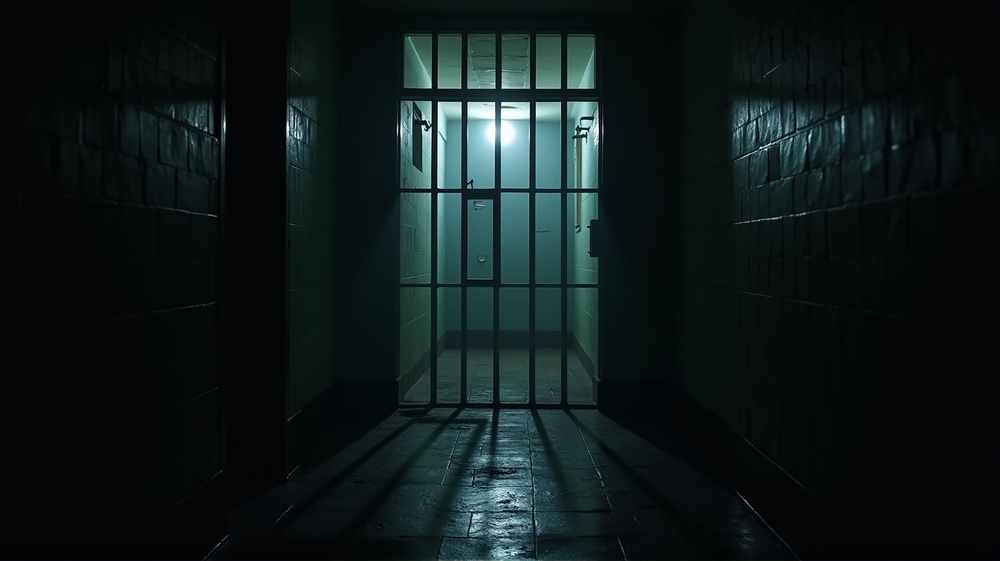Tragic End for Convicted Child Abuser Found Dead in Prison
A dark chapter in the tale of Rebecca Holloway has closed, as the 31-year-old, infamous for horrendous acts against children with her partner, was discovered dead in Low Newton prison. The shockwaves of this announcement unravel the horrors tied to her past actions and the grim realities of life behind bars.
The Gruesome Backstory
Holloway, along with Oliver Wilson, committed heinous abuses that shook the community. Arrested in 2020, the pair faced the full wrath of the law, with Holloway receiving a 12-and-a-half-year sentence. As stated in The Irish Sun, their grotesque acts involved numerous instances of child rape. The courtroom’s silence was pierced by the chilling recounting of their victims’ experiences.
Unfolding the Aftermath
Despite the severity of their crimes, the news of her sudden demise within just a few years of imprisonment surprises many. The joint investigation by the Prison and Probation Ombudsman aims to uncover the true narrative behind her untimely death. Such cases often raise questions about the mental health and safety of inmates serving long sentences for notorious crimes.
A Villainous Partnership
The chilling preferences discovered by the authorities—ranging from fetishistic activities to disturbing online behaviors—paint a disturbing character study of Holloway and Wilson. It reflects a problematic trajectory that ominously led to victimizing the most innocent.
Community’s Reaction
The local community, especially in Lincolnshire and Grimsby, feels a mix of relief and sadness. The shadow of their crimes lingers, igniting discussions on justice and the rehabilitation of offenders. Holloway’s death might bring a sense of closure, yet it rips open the dialogue on the rehabilitation system and its effectiveness in deterring future offenses.
Reflection on the System
This incident sheds light on the systems in place to protect vulnerable groups and manage offenders who pose a significant risk. It remains crucial for law enforcement and community services to ensure safety isn’t compromised. The case also serves as a testament to the complexities of offender management in correctional facilities.
Rebecca Holloway’s story is a grim reminder of a nightmarish reality. Yet, her tragic end, potentially a consequence of her own making, calls for a reflective gaze on societal protection mechanisms against such dark sides of humanity.




